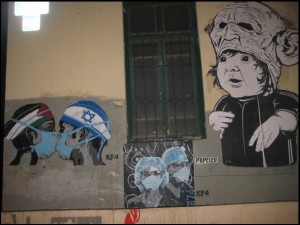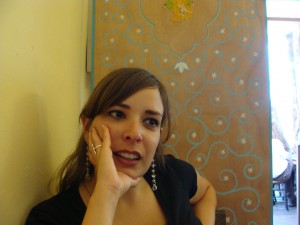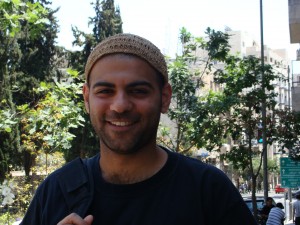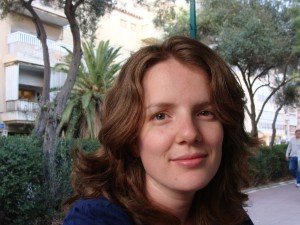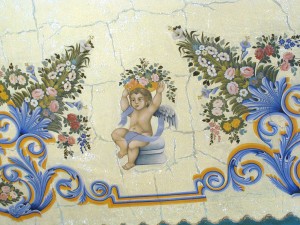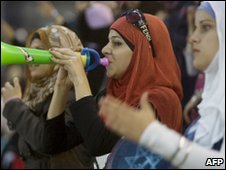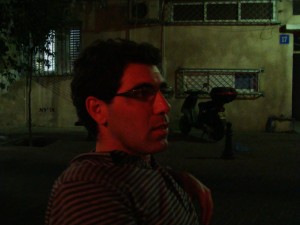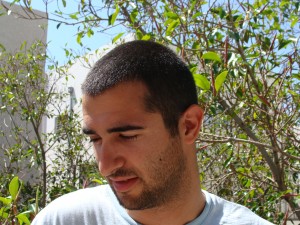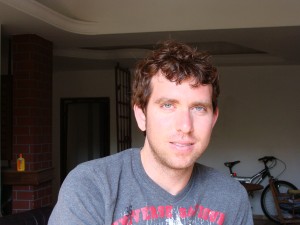
Mondoweiss, December 31, 2009
This is the final installment of a seven-part series. See Mondoweiss for details.
Gilad Zwick, 25, is on his way to mandatory reserve duty. For two weeks, he will cease to be a journalist and student, donning instead an olive green uniform and keeping watch over a settlement.
While Zwick has no qualms about his service—which, in the past, included night raids in the West Bank—he can understand Mehager’s position. “I don’t disagree with the essence of what he’s saying,” Zwick remarks. “But the problem is that if everyone chooses their own missions we won’t have any army.”
And to Zwick, whose maternal grandfather survived Mauthausen and went on to fight in the Arab-Israeli War, the army is an essential part of Zionism, “Zionism means go to the army, do your reserve duty, be a normal citizen… The purpose of living in Israel is not peace. The purpose is to live in a country with a Jewish majority that Jews from all over the world can come to.”As such, Zwick stands by a two-state solution that would include a demilitarized and weakened Palestine—free of aircrafts and closed to trade.
Initially Zwick, who voted for Binyamin Netanyahu’s Likud party, seems to offer hard-line, straight-edged ideology. But the fabric is, perhaps, less tightly-woven than it appears.
Not all settlements are helping Israel, Zwick says. Those that are floating alone in Palestinian territory are useless. “The goal is to have a country,” he says, “If it means you can’t live in all of the land of Israel, OK.”
And though the separation wall is necessary for security, according to Zwick, he doesn’t feel that it will help the peace process.
Rather than isolationism, Zwick advocates a humanistic approach. “Everybody should learn Arabic,” he says. “The peace process needs to be holistic. You can’t just negotiate. You need to understand [the Palestinians’] ethos…”
But that doesn’t mean that Israelis ought to ape the Palestinians. “It’s arrogant and patronizing for left-wing Israelis to talk about the ‘nakba,’” Zwick comments. On May 15th, Arabs commemorate the nakba, catastrophe—the Arab-Israeli War of 1948, referred to by Israelis as the War of Independence. The Yisrael Beitenu party, led by Foreign Minister Avigdor Lieberman, recently proposed a ban on observing the nakba, a move Zwick disagreed with.
Corruption allegations, which Lieberman is currently facing and like those that culminated in former Prime Minister Ehud Olmert’s resignation, are also troublesome to Zwick. “The politicians don’t see themselves as being sent by the people,” he comments.
This individualistic attitude permeates Israeli society, Zwick argues. It is revealed in ways large and small, such as refusal to serve in the army and a lack of concern about needy populations, including those that live on the country’s periphery, like Mizrachim and Ethiopians. “Fixing our internal problems is a part of Zionism,” he says.
This series was printed in its entirety in the Fall 2009 print edition of Zeek, Israelology, which was distributed to J-Street conference attendees.
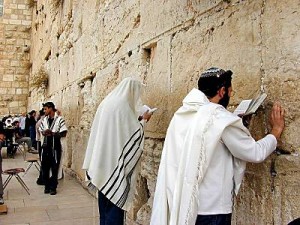 The Huffington Post, January 9, 2010
The Huffington Post, January 9, 2010
